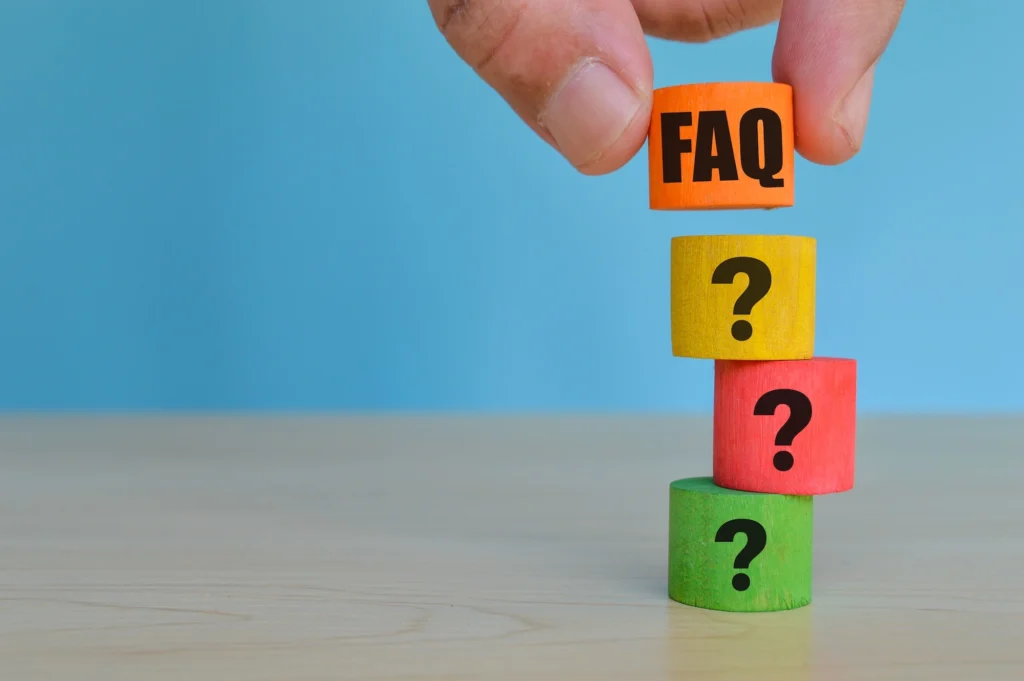FAQs
Frequently Asked Questions
Jump to Section
Start Your Journey to Recovery with the Right Information
If you or a loved one is struggling with substance abuse, finding clear, reliable answers is the first step toward recovery. This FAQ page covers the most common questions about alcohol and drug addiction treatment — from how rehab works, to what daily life is like in a treatment program, to what happens after you complete rehab.
Whether you’re exploring inpatient rehab, outpatient treatment programs, medical detox, or relapse prevention, this guide will help you understand your options and make informed decisions. We’ve made sure to include real answers using plain language, while still optimizing for important keywords like addiction recovery, mental health support, treatment services, and insurance coverage for rehab.
At Asheville Recovery Center, we believe that education is one of the most powerful tools in addiction recovery. The more you know, the more confident you can feel about getting help.

Our 30 Most-Asked Questions About Drug and Alcohol Rehab
General Questions About Drug and Alcohol Addiction
Types of Addiction Treatment Programs
Medication and Therapy Options in Rehab
Costs, Insurance, and Access
Daily Life at a Rehab Center
Recovery and Life After Rehab
Ready to Take the Next Step?
We’re Here For You
Choosing the right drug and alcohol addiction treatment center can feel overwhelming, but you don’t have to do it alone. We’re here to help guide you through the process—from verifying your insurance coverage to explaining how our personalized treatment plans work. Whether you need help with alcohol abuse, opioid addiction, or dual diagnosis, our team offers compassionate support every step of the way.
Still have questions? Call us, chat with our team, or fill out a contact form — we’re here for you.
